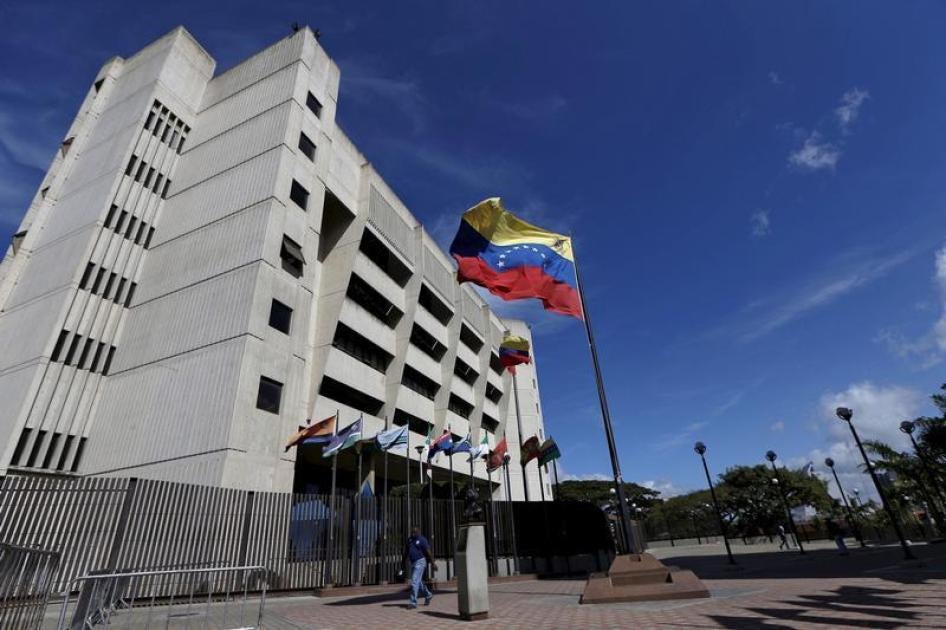The amnesty law passed on March 29 established that people subjected to criminal proceedings or convicted in retaliation for legitimate political activities—such as organizing or participating in public protests, publishing information or opinions critical of the government, or publicly calling on others to question the government—would be able to ask the courts to end the criminal investigations or annul the convictions against them.
The amnesty would also have applied to those convicted of criminal defamation, to judges who were charged with crimes in retaliation for rulings the government disliked, and to lawyers or human rights activists who were charged with crimes as a reprisal for carrying out their work.
The government opposed the law, and cast about widely for arguments against it. It even asked the Office of the United Nations High Commissioner for Human Rights to analyze whether the law was in line with international human rights standards. The commissioner’s office later issued a statement that the law “was generally in conformity with international human rights standards.”
On April 7, President Nicolás Maduro asked the Supreme Court to analyze the law’s constitutionality. Since the political takeover of the Supreme Court in 2004, the judiciary has ceased to function as an independent branch of government. Members of the Supreme Court have openly rejected the principle of separation of powers and publicly pledged to advance the government’s political agenda. The court has routinely ruled in favor of the government, helping to enable its growing disregard for human rights.
The essence the Supreme Court’s arguments against the law boil down to the notion that it is overly broad and inappropriately self-serving on the part of the legislators who supported it. But some of the court’s arguments do not hold up to basic scrutiny. For example, it held that the law violates the right to protect the honor and reputation of public officials by allowing an amnesty in criminal defamation cases, when in fact criminal defamation laws are widely seen as inherently incompatible with human rights standards.
The court also cited jurisprudence of the Inter-American Court of Human Rights stating that amnesties favor impunity and violate human rights standards when they stop prosecutions for serious human rights crimes, even though the law explicitly excludes such crimes from its scope. Notably, the Supreme Court ruling cites the Inter-American Court as a legal source, but then contends that this court’s rulings are not applicable in Venezuela, despite the fact that they are binding under international law.
Whatever the merits of the amnesty law itself, what is absolutely clear is that Venezuela’s government should immediately release and drop charges against the many Venezuelans who have been arbitrarily prosecuted in retaliation for their political activism, or for simply criticizing government policies or for doing their jobs with integrity. The Supreme Court may have killed the amnesty law, but that does not legitimize the abuses that the law sought to address. On the contrary, it provides the international community with additional evidence of the extremely precarious rule of law in Venezuela.
The Inter-American Democratic Charter, signed in 2001 by foreign ministers of Venezuela and 33 other democracies, authorizes the Organization of American States (OAS) to respond actively to threats to the democratic order of its member states. The charter states that the essential elements of representative democracy include “the separation of powers and independence of the branches of government.”
The Supreme Court ruling on the amnesty law gives Latin American governments and OAS Secretary General Luis Almagro one more argument to initiate a candid discussion regarding the application of the Charter to Venezuela. It is time to do so.
José Miguel Vivanco is the Americas director at Human Rights Watch.









